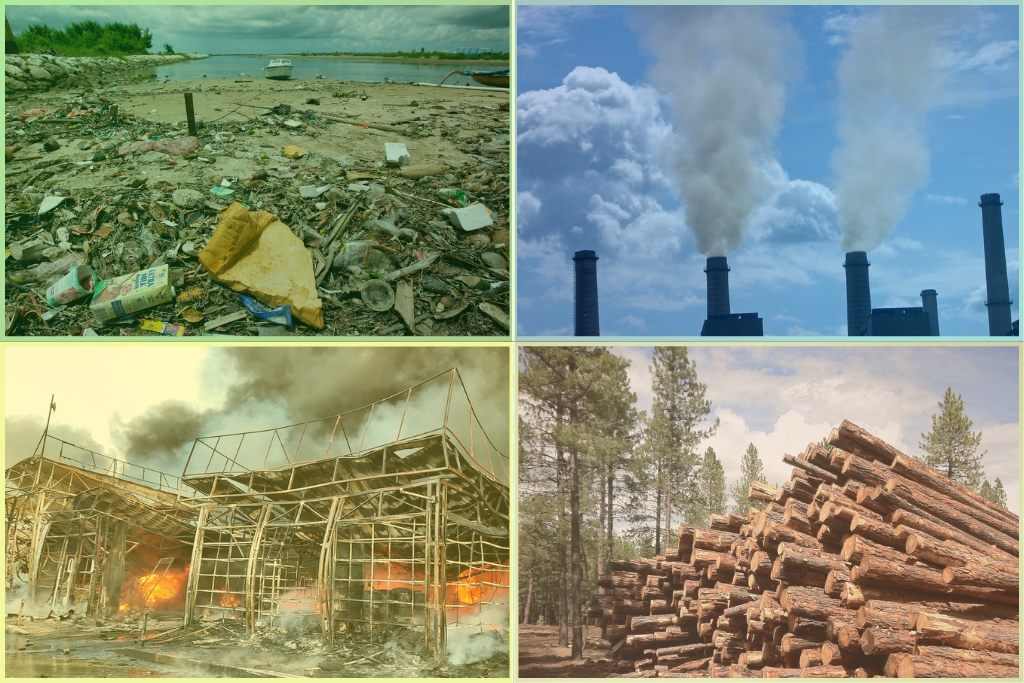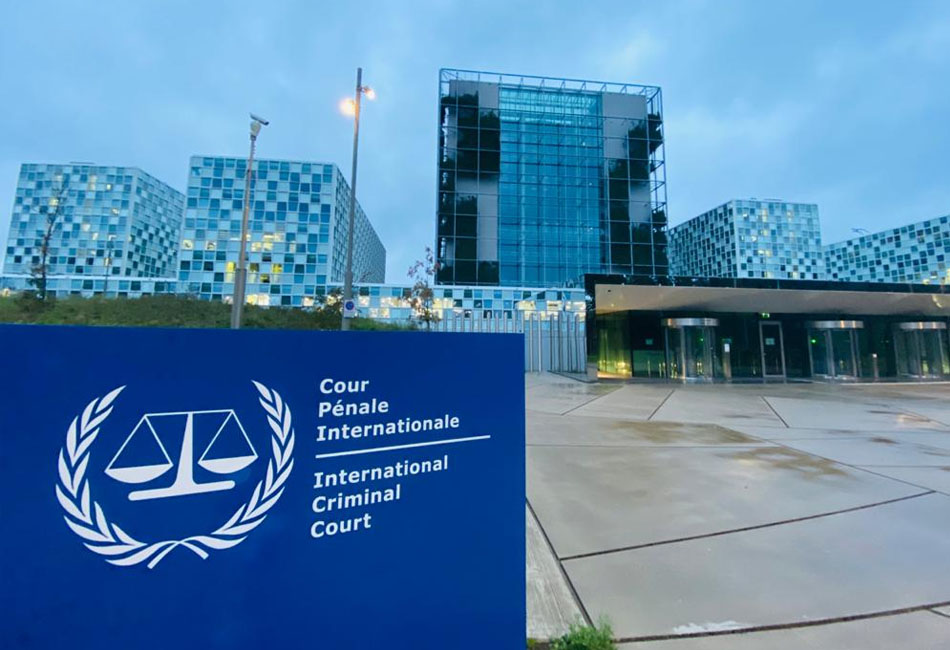Hey, folks. Let’s talk about something that’s been on everyone’s mind: the environment and climate change. We’ve all seen the efforts to tackle this global challenge. From funding climate tech startups to electing eco-conscious leaders, and from launching nonprofits to taking legal action, we’re throwing everything we’ve got at this problem. But the clock’s still ticking, and it’s becoming crystal clear that we need a hefty toolkit to shift our environmental destiny. Now, there’s a fresh strategy on the table, and it’s coming from a place you might not expect: international criminal law.
ICC’s Bold Move: Protecting the Planet Through Law
On a chilly February day in 2024, Karim Khan, the big cheese at the International Criminal Court (ICC), dropped some news that could be a game-changer. He’s rolling out a policy initiative that’s all about holding folks accountable for environmental crimes. And get this: he’s not rewriting the rulebook. Instead, he’s looking to prosecute crimes that are already in the ICC’s jurisdiction but have a nasty habit of wrecking the environment.
The ICC is known for going after the worst of the worst: genocide, crimes against humanity, war crimes, and aggression. Now, Khan’s saying, “Let’s talk about this.” He’s opened the floor for comments on what crimes should be included, the best ways to investigate and prosecute these baddies, and how to play nice with international partners.
UCLA’s Brain Trust Lends a Hand
Enter the Promise Institute Europe, with UCLA Law Professor Kate Mackintosh steering the ship. They’ve assembled a crack team of students, faculty, and sharp legal minds to sift through the comments pouring in. I had the chance to join forces with fellow UCLA Law students Hannah Reynolds and Selina Novak, along with ICC insiders Kevin Jon Heller and Reinhold Gallmetzer, to make sure this feedback was on point with the ICC’s mission.

Our task was simple but crucial: dig through the submissions, find the common threads, and boil it all down into a memo that the ICC can actually use. The variety was staggering, but it all came down to one thing: how do we tackle environmental damage through the law?
The Urgency of a New Environmental Crime Policy
Why is this such a big deal now? Well, our planet’s in a tight spot, and we’re finally waking up to the fact that we’ve got to use every trick in the book. Back in 2016, former ICC Chief Prosecutor Fatou Bensouda hinted at focusing on eco-crimes, but it was more talk than action. Khan, on the other hand, is all about making things happen. He’s putting his foot down and saying, “Environmental damage? Not on my watch.”
By taking this stand, Khan is setting a precedent at the ICC. He’s the first to say, “Let’s seriously consider what environmental crimes look like and make them a priority.” This isn’t just another line item on the court’s agenda; it’s a seismic shift in how we think about protecting our planet through the law.
International Law Meets Environmental Protection
The ties between international criminal law and environmental law are getting tighter as the planet heats up and governments turn a blind eye. We’re realizing that big environmental no-nos—like pollution on a massive scale, chopping down forests, illegal wildlife trade, and indiscriminate bombing—might just fall under international crimes like crimes against humanity or war crimes.

When these environmental disasters hit, they don’t just hurt the earth; they trample on human rights too. Think about communities getting pushed out, jobs lost, and health crises. International criminal law steps in when these issues are so severe and systematic that they call for prosecution under human rights law. Plus, with environmental issues spilling over borders, international law might be the ticket to holding states or individuals accountable for actions that harm the environment on a global scale.
And let’s not forget about the big corporations. There’s a growing chorus of voices saying we need legal frameworks to hold these giants responsible for their environmental footprints.
Preventing Crises Through Environmental Justice
Seeing environmental harm as a warning sign for conflict or humanitarian disasters, international criminal law could be the deterrent we need. It’s about stopping states and individuals from doing serious environmental harm in the first place. As this legal landscape evolves, we’re seeing new ideas like the concept of “Ecocide,” which would make severe, widespread, or long-term environmental damage a crime in its own right.
But let’s be real: adding a new crime to the Rome Statute isn’t a walk in the park. Since the ICC started in 1998, we’ve only tweaked existing crimes, never added a brand-new one. The amendment process requires a two-thirds majority vote from state parties, and even then, it only kicks in for those that give it the thumbs up.

While the Ecocide conversation is heating up, we’ve got to celebrate the here and now: the ICC is stepping up with a policy initiative that could make a real difference for our environment. It’s a win for the world, and as legal eagles, scholars, and students, we’ve got our work cut out for us. But with this policy paper and the consultation process, we’ve got a glimmer of hope that we’re moving in the right direction.
And that’s the scoop from yours truly, Aria Burdon Dasbach, a J.D. hopeful at UCLA Law, diving deep into International & Comparative Law and Critical Race Studies.
Did you miss our previous article…
https://pardonresearch.com/?p=3536
